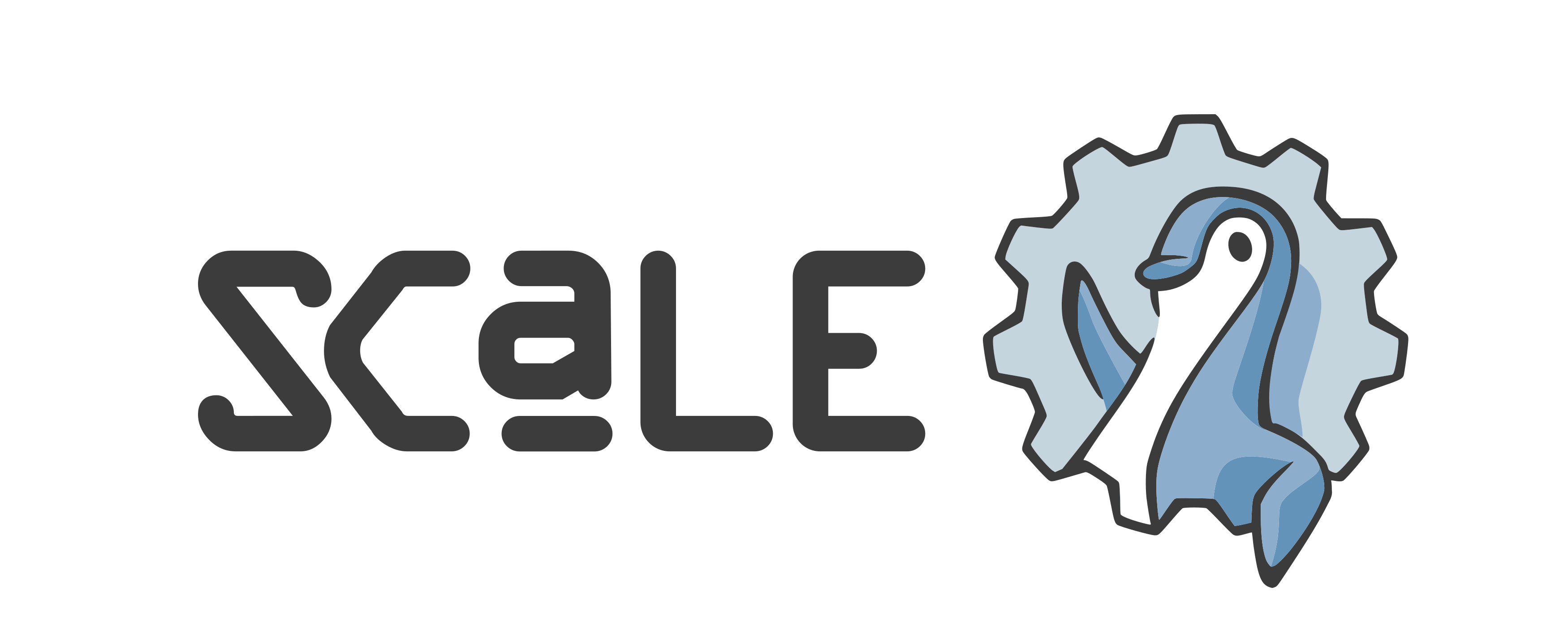Source Available is Thriving but Open Source is Dying

Source available software is thriving. We live in a world in which there's more code accessible, findable, and ready for use than ever. Even major corporations now talk openly and seriously about their OSS strategy. Now, more than ever, the entire world runs on open source. We won, right?
While the good news is fantastic, the bad news is sobering: maintainer burnout is worse than ever, project support is low, and funding everywhere has dried up at an alarmingly fast rate.
Maintainer burnout is now becoming an international supply chain security risk, but industry response has been to add more pressure and obligations onto the shoulders of contributors that are already overworked, undervalued, and increasingly isolated. Support disappears faster than it appears, and it seems like every day a new project is putting a banner on their website stating a desperate plea: "Maintainers wanted." The story is playing out across a thousand projects — a story of thankless hours, long nights, and watching your family grow up without you; it's a story of forgetting what it's like to enjoy software because you're too busy being a combination therapist, crisis response team, conflict de-escalator, PR team, marketing team, and sales team; it's a story where our heroes lose, because they didn’t set out to be Hercules holding up digital worlds.
For foundations, it's an equally ominous story: our open source and non profit foundations have long been a critical part of the glue that holds together the industry; they handle the thankless and intricate tasks of governance, and provide an integral legal, logistical, and operational bridge between industry and developers. The money and support they get sustains numerous projects, languages, and ecosystems. But now, too, that is drying up. Even companies that hire full time employees to work on open source have been divesting in the communities they rely on for their continued development and laying off long-time maintainers of the very projects their businesses depend on
What can we do about it? How can we act? Can we still course-correct in time?
This talk won't be able to provide solutions, because solutions to problems like this don’t come in neatly wrapped packages. Instead, it will be a painting, illuminating the scope of the problem and calling attention to the gravity of the situation, which often only gets discussed behind closed doors.
The situation isn’t hopeless, but it is urgent. There are potential solutions we can utilize, and possible directions we can go. There are people and programs out there working right now to reverse the course, but heightened awareness and action is urgently needed. Right now, things are bad, and they’re getting much worse.
What's next after awareness? That's for us to decide and act on together. But we can delay not a moment longer; for many, by the time you hear this talk, it will already be too late.
